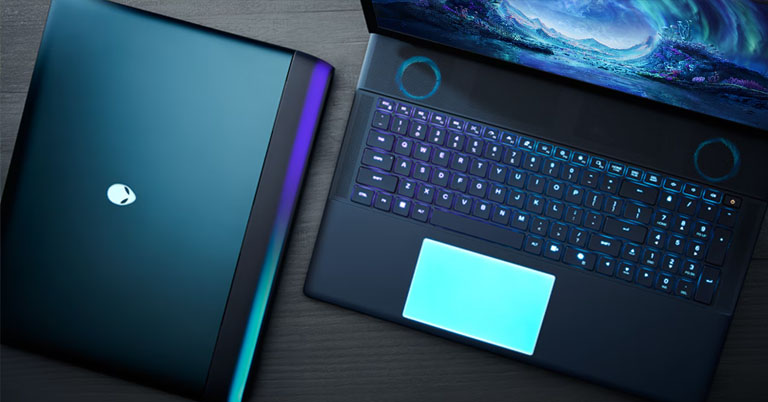Gadgetbyte Nepal
Latest Gadgets
View all SmartphoneLatest News
View all news#1
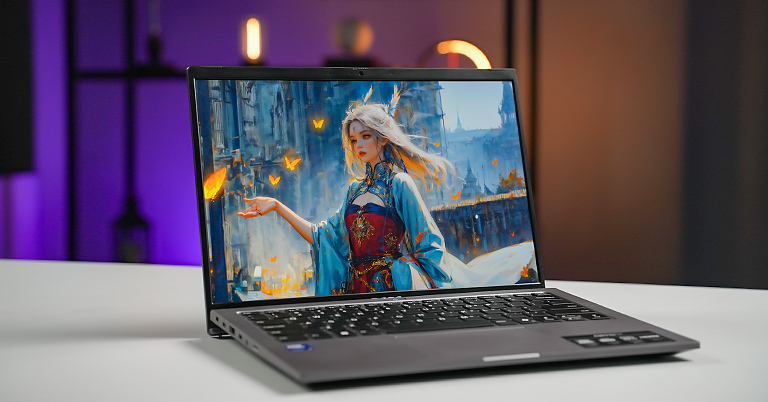
Acer Aspire Go 14 (2024) Review: Good performance for the price bracket
Reviews
4 minutes ago
#2

Soundcore R60i NC with LDAC codec support arrives in Malaysia
Soundcore
12 minutes ago
#3
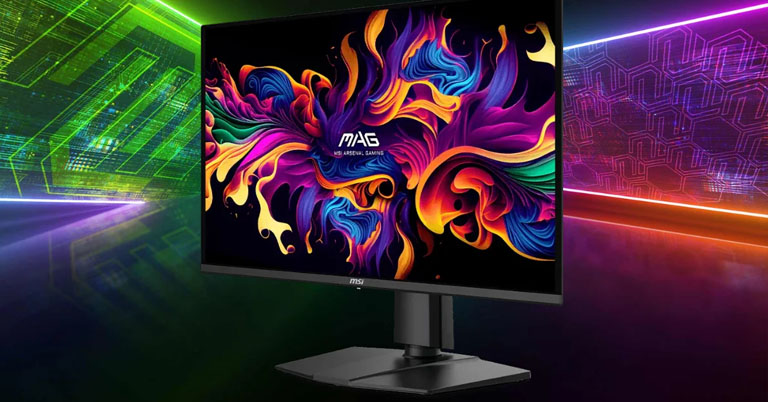
MSI's new QD-OLED gaming monitor is here and comes with a 3-year burn-in warranty
Monitors
23 minutes ago
#4
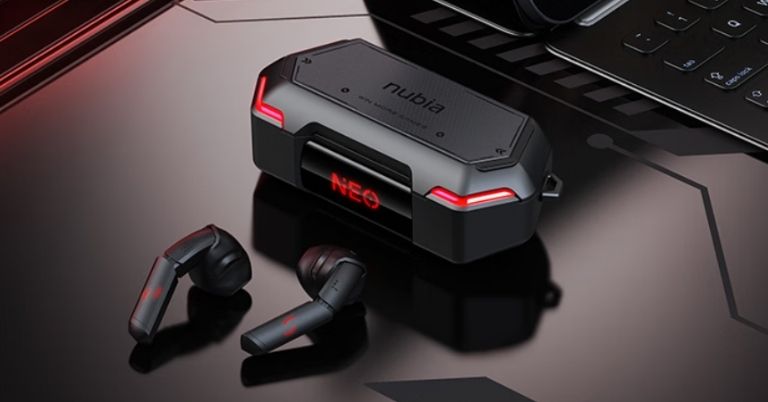
Nubia introduces Alien-themed gaming earbuds with 50 ms low latency
Nubia
48 minutes ago
#5

Razer Hammerhead V3 earphones launched with 11mm dynamic drivers
Razer
1 hours ago
Trending News
Buying Guides
View All GuidesSubscribe Newsletter
Get our newest articles and news instantly!
Blind Camera Test
See Full List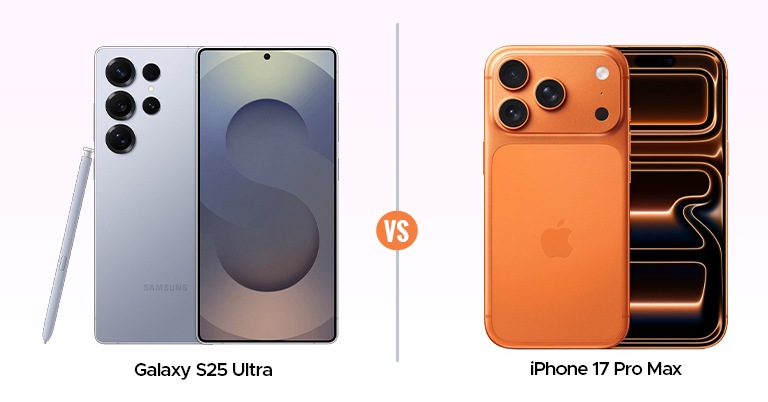
Samsung Galaxy S25 Ultra
vs
iPhone 17 Pro Max
Latest Comparisons
Latest Reviews
View All ReviewsNews
View all NewsRealme P4x 5G launched with 7,000mAh battery and 144Hz Display
Dip Khatiwada - 2 days ago

Best Tablets to Buy in Nepal in Every Price Range
Dip Khatiwada - 2 days ago

Realme ends smartwatch hiatus with new Watch 5
Dip Khatiwada - 2 days ago

Best Mobile Phones Under Rs. 1 Lakh in Nepal [Updated 2025]
Yural Maskey - 2 days ago
![Best Mobile Phones Under Rs. 1 Lakh in Nepal [Updated 2025]](https://media.gadgetbytenepal.com/2025/12/Best-Phone-Under-Rs-100,000-in-Nepal.jpg)
Sony Alpha A7 V announced with major internal upgrades
Dip Khatiwada - 3 days ago

Best Camera Phones in Nepal in Every Price Range [Updated 2025]
Nikhil Shrestha - 3 days ago
![Best Camera Phones in Nepal in Every Price Range [Updated 2025]](https://media.gadgetbytenepal.com/2025/11/Best-Camera-Phones-in-Nepal-in-Every-Price-Range-1.jpg)
Nubia Flip3 launched in Japan with 120Hz display and slim clamshell design
Dip Khatiwada - 3 days ago

Apple MacBook Pro 14-inch launched in Nepal with M5 chip!
Dip Khatiwada - 4 days ago
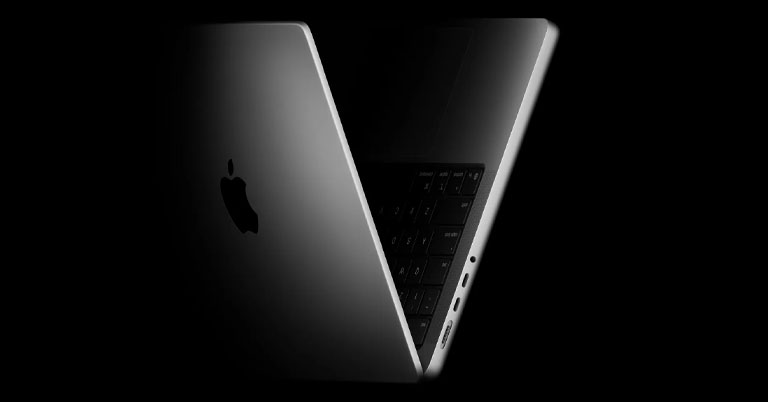
Nubia Fold launched in Japan with 8-inch display and Snapdragon 8 Elite
Dip Khatiwada - 4 days ago

Oppo A6x 4G and 5G duo launched with ColorOS 15 and 6500mAh batteries
Mintu Awal - 4 days ago

Best Tech Deals
No deals available.
Check back later for exciting deals!
![Best Mobile Phones Under Rs. 10,000 in Nepal [Updated 2025]](https://media.gadgetbytenepal.com/2025/11/delete-10k.jpg)

